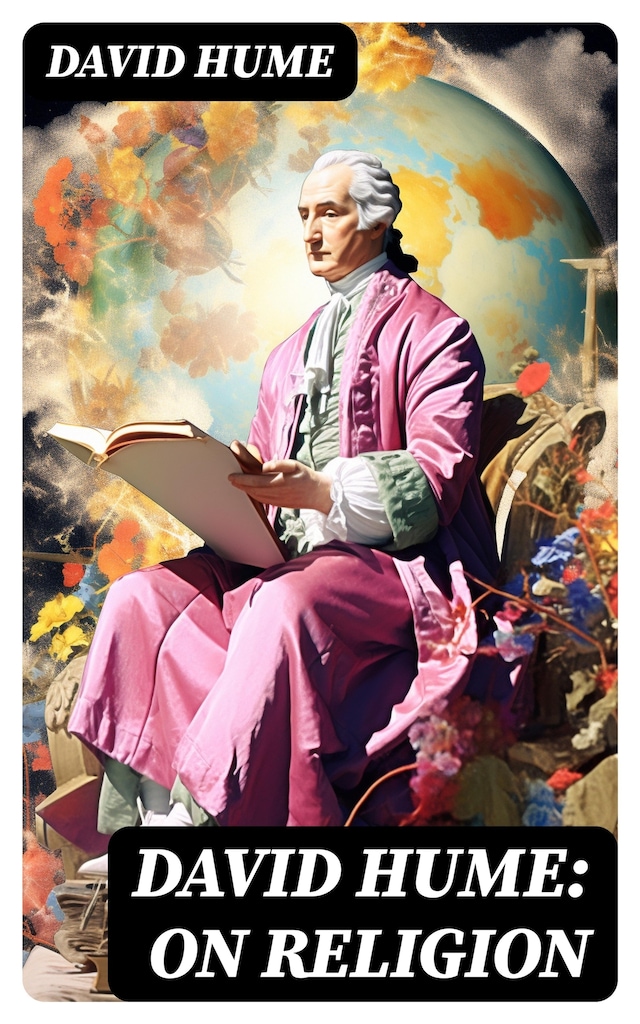
David Hume: On Religion
The Natural History of Religion & Dialogues Concerning Natural Religion
Description of the book
David Hume's 'On Religion' explores the complex relationship between reason, faith, and belief in the context of 18th-century Enlightenment philosophy. Hume's compelling arguments and clear, concise prose make this work a quintessential text in the history of religious philosophy. Through meticulous analysis and critical reasoning, Hume challenges traditional religious beliefs and advocates for a more rational approach to understanding spirituality. His examination of miracles, morality, and the nature of deity offers valuable insights into the foundations of religious thought. Hume's work serves as a cornerstone of modern skepticism and continues to influence philosophical discourse today. David Hume, a Scottish philosopher and historian, was known for his empiricism and skepticism. His deep inquiries into human nature and the limits of understanding shaped his perspectives on religion, morality, and knowledge. 'On Religion' reflects Hume's commitment to intellectual honesty and his dedication to examining fundamental questions about belief and reason. Recommended for readers interested in the intersection of religion, philosophy, and reason, 'David Hume: On Religion' is a thought-provoking exploration of the complexities of faith and skepticism that will challenge and inspire in equal measure.
 David Hume
David Hume 202 Pages
202 Pages